

View Topics

If you have myopathy, understanding the diagnosis and treatment process is vital. They can help you lead a healthy and better-informed life. But if a doctor recently diagnosed you with myopathy, the good news is that you can manage it. You can achieve good goals with proper treatment and ongoing care. We should consider any…
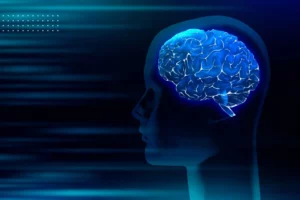
Alpers Huttenlocher syndrome is a rare mitochondrial disease. Scientists associate it with mutations in mitochondrial DNA gamma polymerase (POLG). A decrease in mitochondrial DNA replication leads to a reduction in enzyme activity. The disease manifests itself when replication levels become critical. There is variability in the onset and progression of Alpers disease. It happens even…

Dyslexia is one of the most common learning disabilities impacting reading, writing, and spelling skills. A comprehensive evaluation based on reading, writing, and spelling skills will help to exclude these conditions and confirm a diagnosis of dyslexia. The goal of the evaluation is to identify strengths and weaknesses to create a plan for accommodations or…
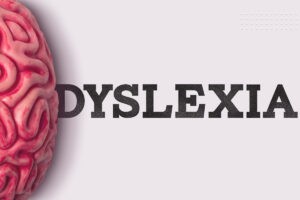
Dyslexia occurs in people of all intelligence levels and from all walks of life. It is not related to a person’s level of education or motivation to learn. Some common symptoms of dyslexia include difficulty with phonemic awareness, poor spelling skills, and difficulty with word decoding. Symptoms of dyslexia usually start showing up during childhood…
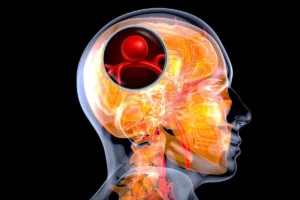
Are you curious about what is a brain aneurysm and how it can affect your health? Get ready to unravel the mystery behind this silent threat. A brain aneurysm is like a hidden time bomb in your head. Therefore, understanding its causes, signs, and symptoms is crucial to your well-being. Imagine that your brain is…

If you, or someone you know, are experiencing neurological symptoms, it’s crucial to find a good neurologist. But how do you go about finding one? This article will outline tips on finding the right neurologist for you. Remember that not all neurologists are created equal, so it’s essential to do your research before making a…

Do you know what Tourette Syndrome is? Many people don’t, and that’s okay. This article will aim to educate those curious about Tourette Syndrome and dispel some of its associated myths. As for definition, Tourette’s syndrome is a condition that causes a person to make involuntary sounds and movements called tics. Although Tourette’s syndrome is…
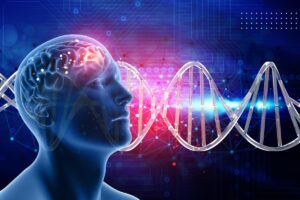
What is GBS? It’s a question many people have but don’t know the answer to. GBS is extremely rare. Every year, approximately 3,000 to 6,000 people in the United States develop GBS, regardless of whether they received a vaccination – that is, one to two people out of every 100,000. Guillain-Barre syndrome is a rare…
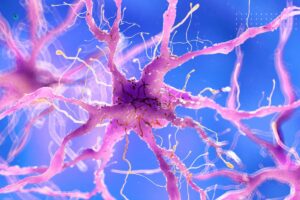
Periventricular nodular heterotopia refers to chronic neurological disorders caused by inheritance factors. This disorder is characteristic of impaired nerve cells, dysfunctional to migrate and form naturally proportional dimensions of the gray matter. It starts to develop during the second trimester of fetal development. According to clinical research, periventricular heterotopia results from gene mutations. In particular,…
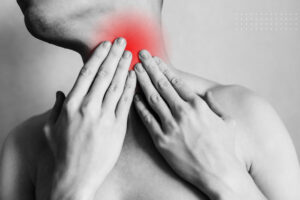
One of the neurologic disorders occupying the carotid artery is carotidynia. These painful pulse sensations in the neck qualify as terribly annoying discomfort which does not provoke fatal consequences for patients. Otherwise, long-term painful reactions make the patient’s life changeable and lead to severe problems over time. Although the disorder’s nature is pretty understandable, many…